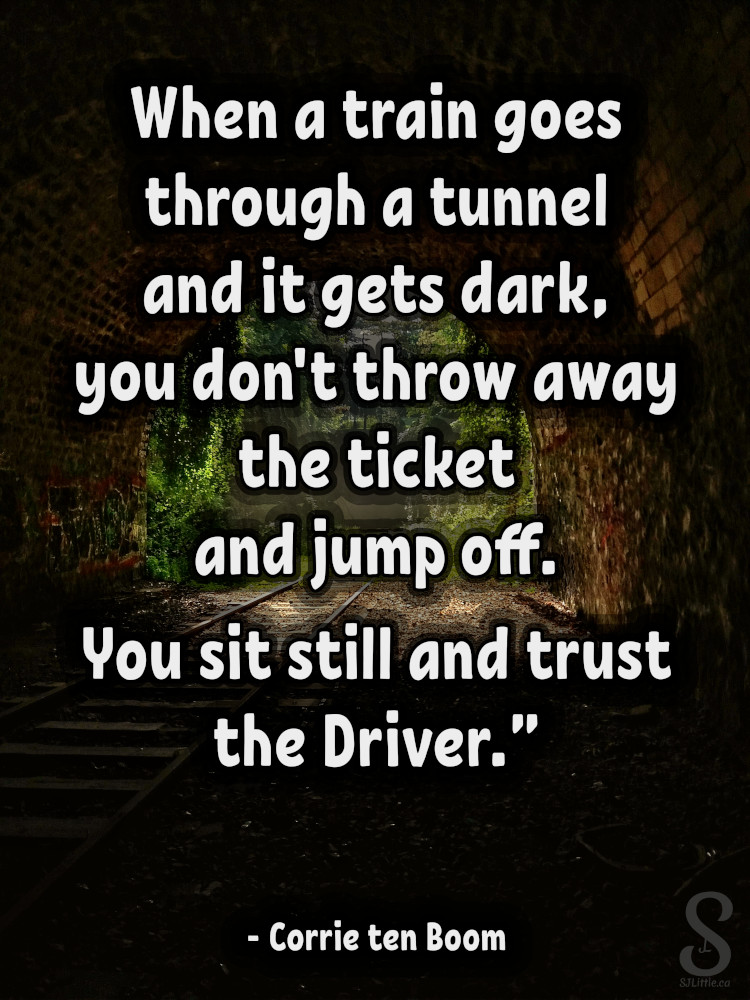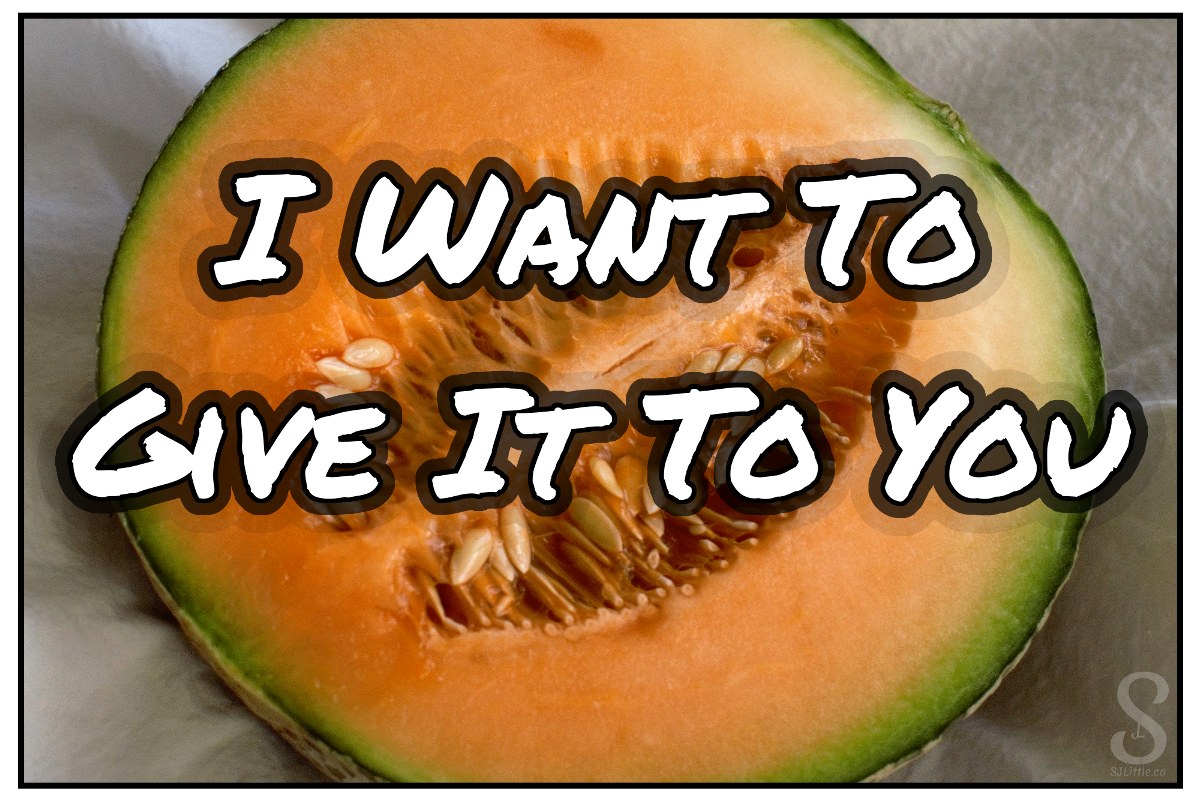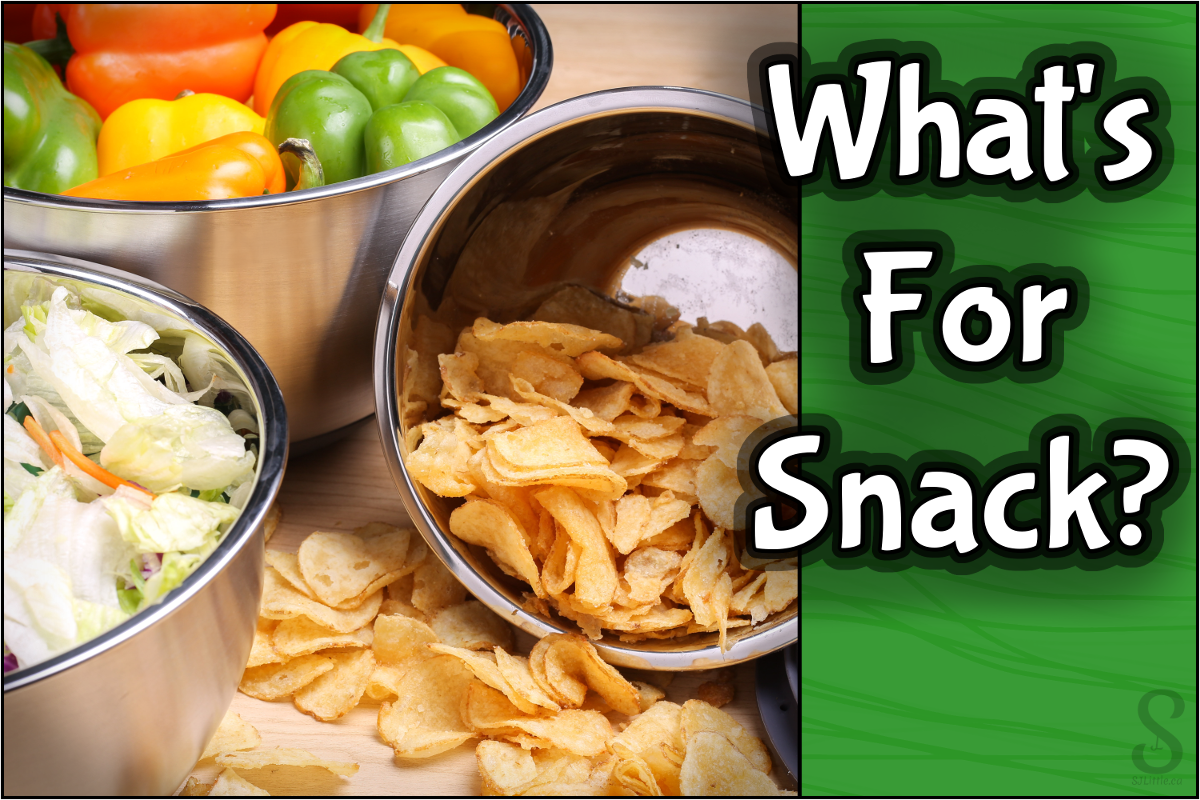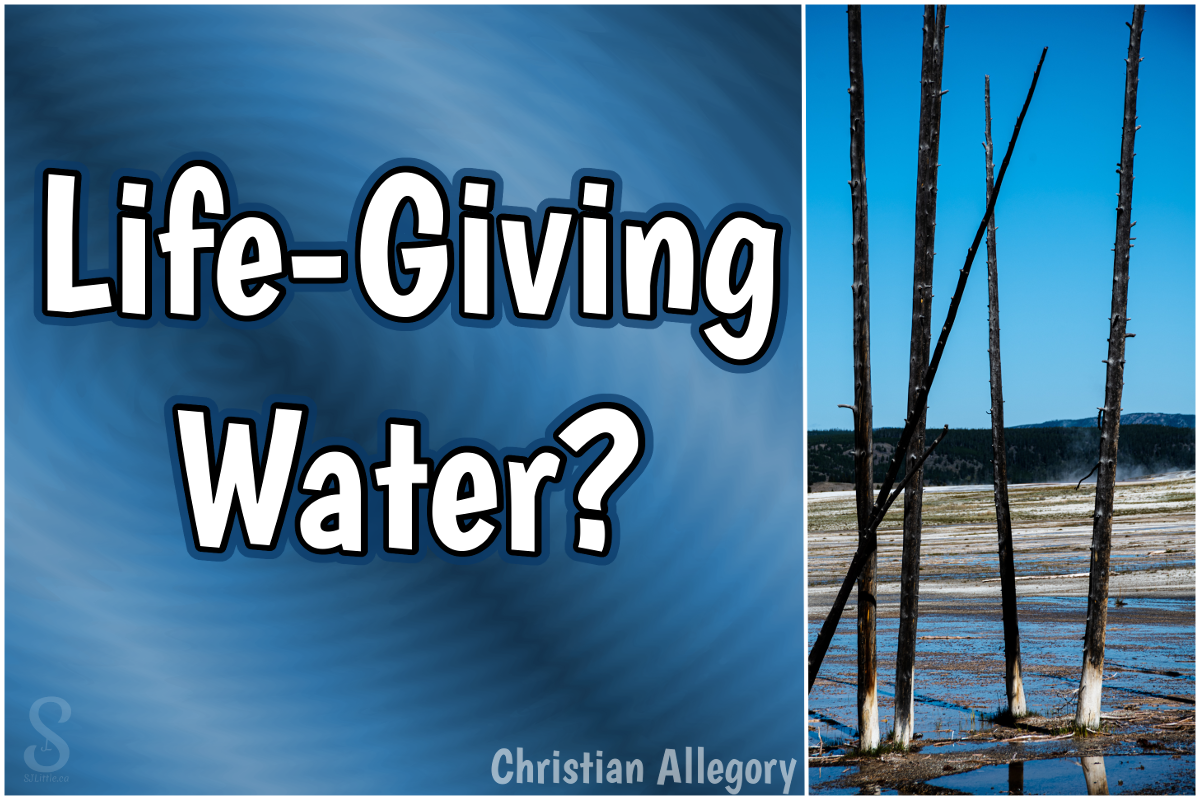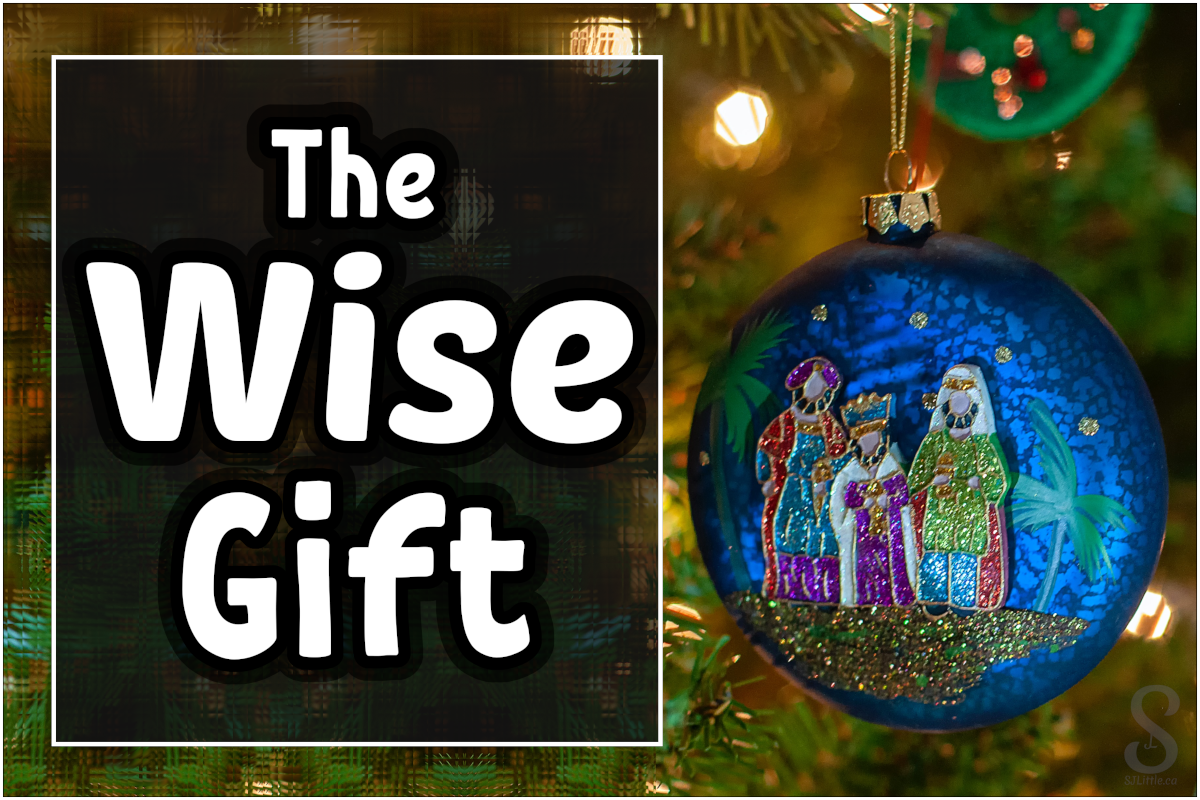
I scanned through the list of names and Christmas gift ideas.
I highlighted the gifts we’d already purchased and circled the ones we still needed to buy.
A few ideas I crossed off. They simply weren’t a good fit for the person.
I let my eyes trail down the list.
Candies and toys for the nieces and nephews. They would have fun with those.
Plenty of chocolate and many practical items for our siblings and their spouses. Everything from kitchen items to socks. Hopefully they would be helpful.
I smiled. All the items on our list now seemed fitting. They would be useful and/or enjoyable for those who received them.
Next I considered the gifts we’d chosen for our little one. As a preschool teacher, I greatly enjoy children’s toys, much like a computer programmer gets excited about a new mouse or a carpenter might be thrilled with a new tool belt.
I had put a lot of thought into what to get for her, and done plenty of research – perhaps too much.
Some toys would thrill her for a week or two, but quickly become boring. Other toys were too advanced. Some toys were of flimsy materials that wouldn’t last.
It was hard to narrow down the options, but I finally did.
I chose a play food set since she is just beginning to get into pretend play. This should last her until she is 6 or older.
At a second hand store, I found an exciting puzzle – one with latches and doors. It’ll be a little challenging for her, but I’m certain she’ll like it.
We’re also adding blocks to our block set since she plays with them often.
Satisfied, I set aside my Christmas shopping list.
My mind wandered back to a joke I’d seen on Facebook.
It was a Christmasy comic. It showed Mary, Joseph, and baby Jesus in a barn-type environment.
The caption read: “If there’d been three wise women instead.”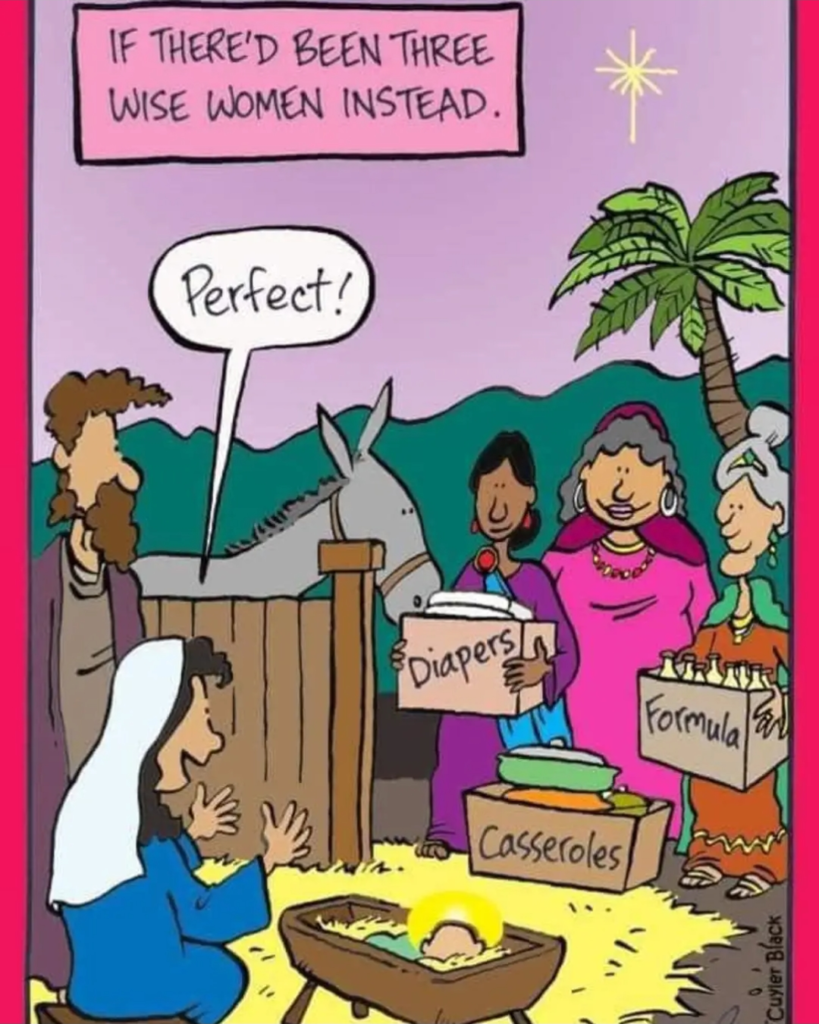
At the entrance, three well-dressed women stood holding boxes. The boxes were labeled, “Diapers”, “Formula”, and “Casseroles”.
Mary looked delighted as she exclaimed, “Perfect!”
At first, my eyes twinkled at the comic, but since then a much deeper thought has stayed with me.
The “wise women” brought the sorts of things I would give someone who’d just had a baby. It seems a very normal helpful response to the situation.
Then why did God, in His infinite wisdom, send wisemen with very different gifts – gold, frankincense, and myrrh?
Because God had something far greater on His mind.
The wise women were very helpful, yes, but casseroles only last a week, formula is done by 12 months, and diapers are typically a thing of the past by 3 or 4 years old. These women were only thinking about the next few weeks and months, or perhaps a handful of years.
While the wisemen’s gifts may have had immediate practical use, for example, the gold could have supported the family on their escape to Egypt, they foreshadowed something of greater significance.
God was looking ahead to the event, that would take place about 33 years later. A moment that would change history forever. On top of that, God had all of time on His mind when He chose which gifts to send.
Gold was a gift fit for a king – a symbol of Jesus’ kingship.
Frankincense was used in incense – a reference to Jesus’ priestly role, and to His divinity.
Myrrh was used for embalming the dead – foreshadowing Jesus’ death on the cross.
(Reference: https://www.blueletterbible.org/Comm/smith_chuck/StudyGuides_Matthew/Matthew.cfm?a=931011 )
Why do I share all these thoughts? Because they have a powerful reminder for me.
Far too often, I find myself thinking like the wise women. I focus on the practical needs and think only of the next few days or weeks or perhaps a few years.
I forget that there is so much more to life than just the immediate practical needs.
I forget to think about eternity.
My conversations, my prayers for people, the greeting cards I write, the gifts I give… So often they are about current events or the very near future.
Yet eternity is a lot longer than now. Eternity is forever, but so much of now is temporary.
A part of me wants to argue. I can’t live with my head in the clouds. I have a household to care for, husband to love, and a toddler to raise. That takes a lot of paying attention to the now and the practical.
God understands these things. In fact, He is the one who has put me in this role. Yet still He says:
“Set your hearts on things above, … Set your minds on things above, not on earthly things.” Colossians 3:1b-2 NIV
Another translation puts it: “seek the things above”. Colossians 3:1b CSB
What does this mean? I’m still working to figure that out in my current stage of life.
I do know, however, that I need to remember to think of the things pertaining to eternity more often.
How do I do that? Reading the Bible, going to church, and being part of a Bible study certainly help.
Another practical thing that I often forget to do, is singing songs of praise to God – especially songs that bring me back to the Gospel and thoughts of heaven.
I need to come back to the basics – the John 3:16 basics.
“For God so loved the world that He gave His one and only Son, that whoever believes in Him shall not perish but have eternal life.” John 3:16 NIV
Do all my gifts have to be Bibles and Gospel tracts? No, God understands the need for practical things and the place for enjoyment. Yet underlying my gifts and interactions should be a heart that longs for those around me to know the life-giving joy of a relationship with Jesus and the promise of eternity spent with Him.
To have such a desire, I must have eternity on my mind.
After Thoughts:
I have found many hymns, such as Come Thou Fount of Every Blessing, include the Gospel and mentions of eternity spent with God. These help me set my mind on things above.
Did you know many traditional Christmas carols also include whispers of the Gospel and eternity spent with God? Try listening to Hark the Herald Angels Sing and you’ll see what I mean.
Want to know more about the gifts the wisemen brought? I encourage you to listen to this sermon about Matthew 2: https://messages.calvarychapel.ca/?message=799&via=rmcccalgary


